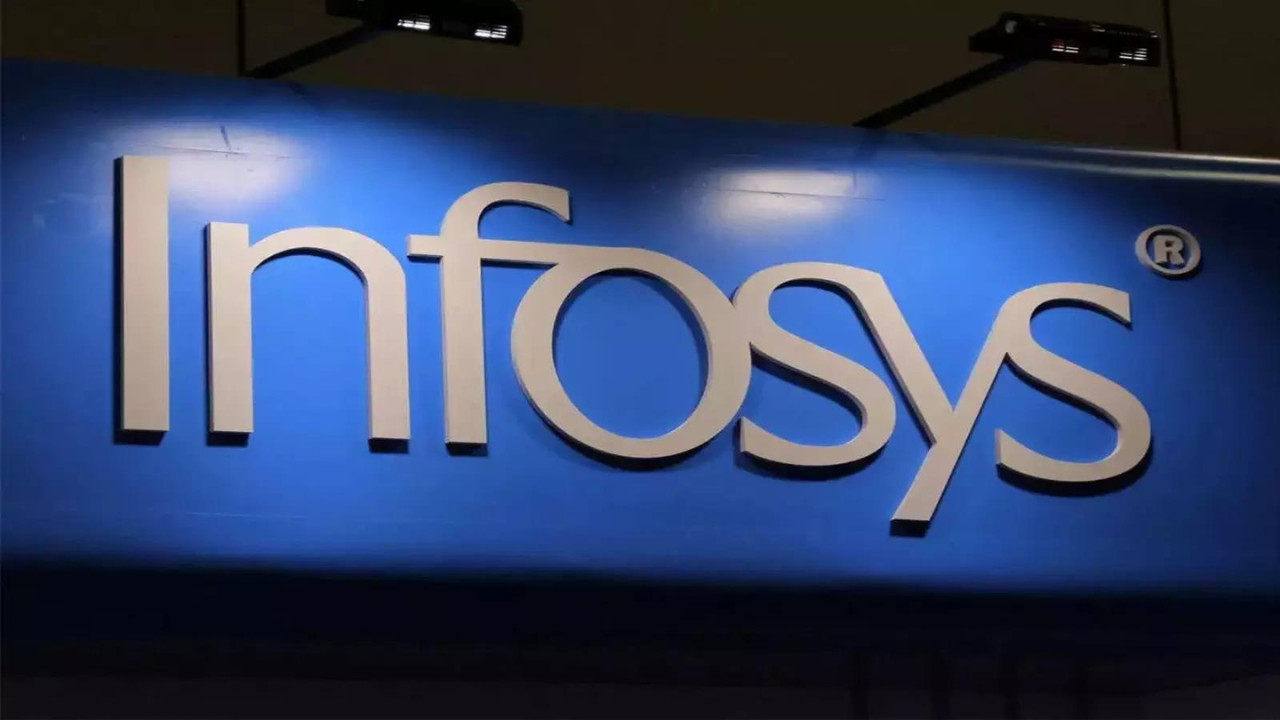Infosys, India’s second-largest IT company, announced that its board of directors will meet on September 11, 2025, to consider a proposal for a buyback of its fully paid-up equity shares. The decision will align with SEBI regulations. Previously, in 2022, Infosys executed a ₹9,300 crore share buyback via the open market, with a maximum price of ₹1,850 per share.
Infosys May Be Gearing Up For Another Share Buyback: What’s Going On?
The hum around the Infosys campus might be getting a little louder. Whispers suggest that the tech giant could be gearing up for yet another share buyback. On September 11th, the Infosys board is set to convene a pivotal meeting, and while the official agenda is broad, all eyes are focused on the potential for an equity repurchase program. But what exactly does this mean, and why is it generating so much buzz?
Simply put, a share buyback (also known as a share repurchase) is when a company uses its own cash reserves to buy back its outstanding shares from the market. Think of it like this: Infosys, sitting on a sizable pile of cash, decides to invest some of that money in its own stock. These repurchased shares are then either retired (effectively reducing the total number of shares outstanding) or held as treasury stock for future use.

So, why do companies do this? There are several reasons why a company like Infosys might choose to implement a share buyback.
One primary motivation is to boost shareholder value. When a company reduces the number of outstanding shares, each remaining share represents a larger proportion of the company’s ownership and earnings. This can lead to an increase in the earnings per share (EPS), a key metric that investors often use to assess a company’s profitability. A higher EPS can make the stock more attractive, potentially driving up its price. In other words, Infosys might be looking to give its stock price a little nudge upwards.
Another reason is to return excess cash to shareholders. Companies often accumulate significant cash reserves. If there aren’t immediate, compelling investment opportunities (such as acquisitions or major expansion projects), returning cash to shareholders through a buyback can be a more efficient use of capital. It signals to the market that the company is confident in its financial position and doesn’t need all that cash for operational needs.
A share buyback can also be seen as a signal of management’s confidence in the company’s future prospects. By buying back shares, Infosys is essentially betting on itself. It’s an indication that the company believes its shares are undervalued by the market and that the future holds promise. This vote of confidence can be reassuring to investors and can help to stabilize or even increase the stock price.
Historically, Infosys has engaged in share buybacks before. These previous buyback programs have generally been well-received by the market, often resulting in a short-term boost to the stock price. The anticipation surrounding this potential new buyback suggests investors are hopeful for a similar outcome. But past performance is never a guarantee of future results, and the success of this particular buyback will depend on various market conditions and the specifics of the program itself.
The scale and method of the buyback will also be important considerations. Will Infosys opt for a tender offer, where they directly solicit shares from shareholders at a specific price? Or will they choose the open market route, gradually buying back shares over a period of time? The details announced after the board meeting on September 11th will be crucial in understanding the true impact of this potential move.
The broader economic context also plays a role. With global markets experiencing volatility and uncertainty, a share buyback could provide a much-needed sense of stability for Infosys’s stock. It could also be seen as a defensive move, protecting the company from potential hostile takeovers.
Regardless of the specific motivations, the potential Infosys share buyback is a significant event that could have implications for the company’s stock price, shareholder value, and overall market perception. The meeting on September 11th is one to watch closely.
In conclusion, while the upcoming Infosys board meeting holds the potential for various announcements, the prospect of a share buyback stands out as a key point of interest. Such a move could be strategically aimed at boosting shareholder value, returning excess capital, and signaling management’s confidence in the company’s future. Whether the board approves the buyback and the specific details surrounding it will undoubtedly shape investor sentiment and influence the market’s perception of Infosys in the coming months. If you are an investor, consider diversifying your portfolio.







